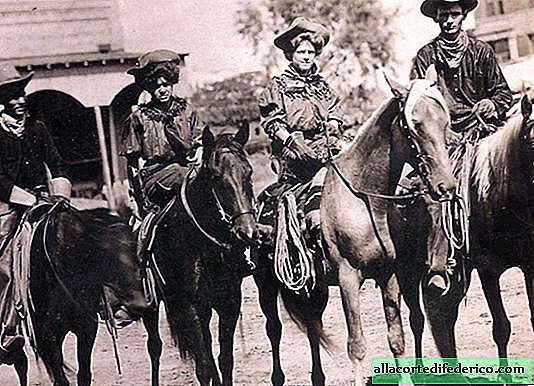How a person feels hunger
We all experience hunger. If hunger is severe, it is difficult for a person not to think about food, thoughts revolve around a juicy steak or potatoes with mushrooms. But sometimes we seem to forget about what we ate for a long time, and are ready to continue to do something very interesting and exciting (read an interesting book, watch an exciting movie, talk with a pleasant person), ignoring the body’s demand. How does this happen? What is the mechanism of the occurrence of hunger in humans? Let's get it right.
Famine gene
Genetics seem to have given a definite answer to why a person is hungry. When a person is hungry, a cascade of triggers tells the brain that the body needs food. One of these triggers is a hormone called ghrelin. This is the only substance produced by the mammalian body that increases appetite and food intake.

Most ghrelin is created in the stomach and duodenum. This hormone is with us 24 hours a day, seven days a week: its level drops when we eat, and rises before eating, reaching high enough concentrations to stimulate hunger.
It would seem that everything is simple, genetics explained everything. But it was not in vain that in the beginning we said “it seems”: it seems that there are other factors that affect human hunger. At least that's what a recent study says.
Appetite comes with eating?
In a 2016 study by Clinical Nutrition magazine, 59 obese adults took part in an eight-week program, during which every day they reduced their calorie intake from the usual level, and on the rest of the days they could eat anything and anything. By measuring ghrelin levels in participants, the researchers found that hunger was not associated with an increase in hormone concentration.
In other words, when people ate less, the level of ghrelin in their bodies increased. But for unknown reasons, the subjects did not report that they feel more hungry than usual.

Researchers note that the personal, subjective feeling “It seems like I'm hungry” does not actually coincide with what scientists measure at this time. Intense activity can save people from hunger: if you are very focused on something, the signals of the body can be ignored to some extent by the brain (to a reasonable extent, of course). However, science cannot yet give an exact answer why this is happening.
However, even if during an interesting lesson you are surrounded by a sufficient number of “tasty signals” —the smell of cooked food or the description of a rich table in the book you are reading — they will make ghrelin’s efforts more effective and you won’t be able to ignore them.

















